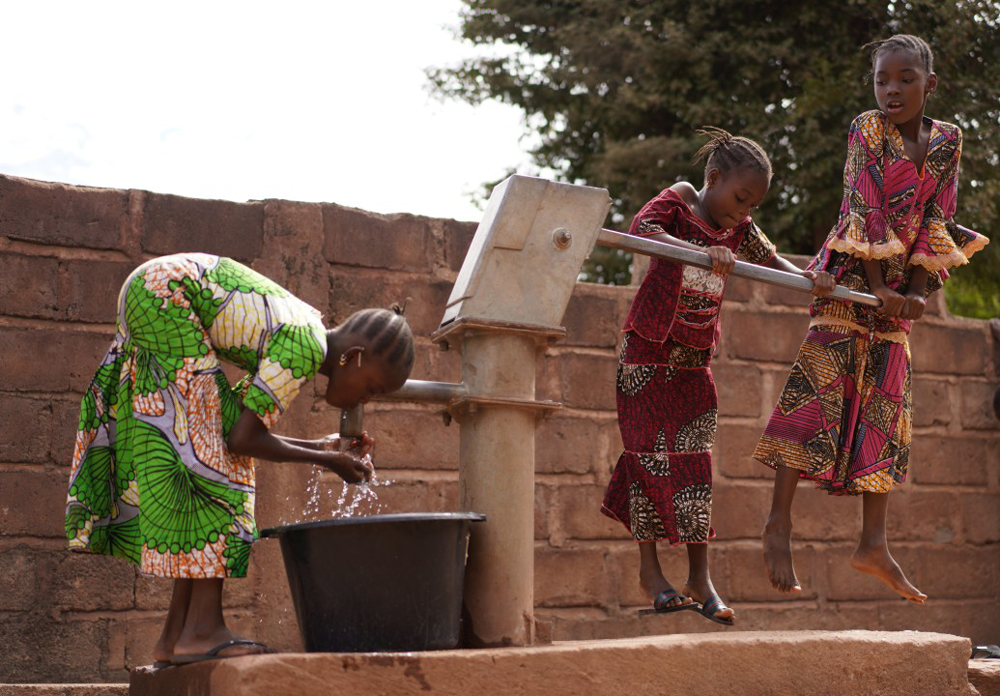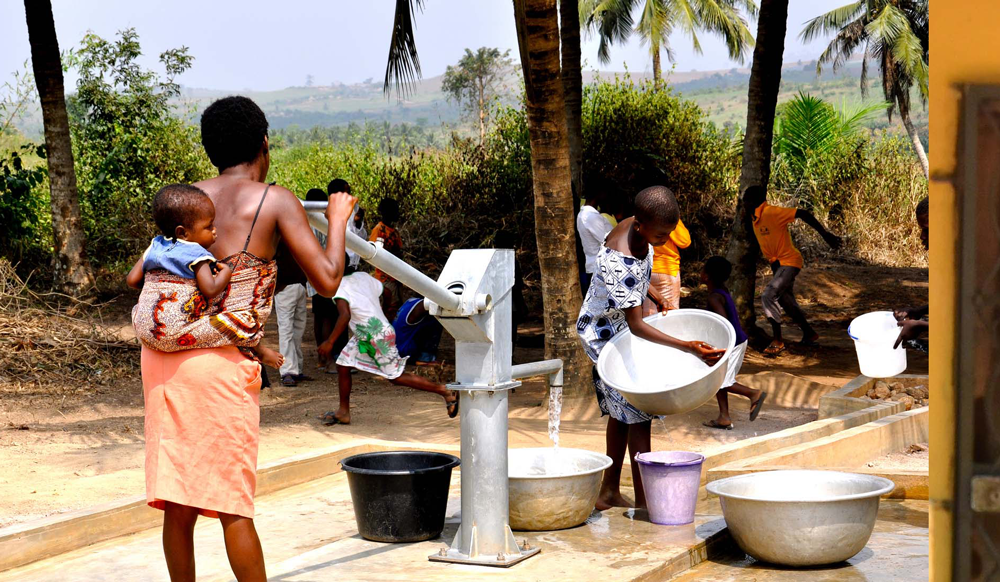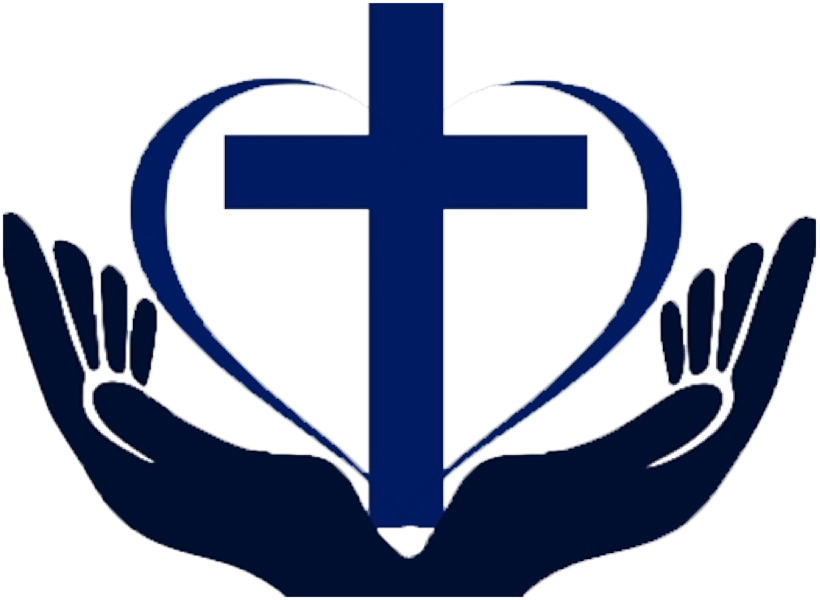Wash Project water & Sanitation
ACCESS TO WATER, SANITATION AND HYGIENE FOR VULNERABLE PEOPLE
People in rural areas draw their drinking water mainly from surface sources such as ponds, rivers and lakes. These sources are often watering holes for livestock, downhill from latrines, and catchments for mudslide debris — all dangerous contaminants that can contribute to life-threatening illnesses like diarrhea, cholera, typhoid, dysentery and hepatitis.
Children are dying
Contaminated water and poor sanitation have strong links to the transmission of life-threatening illnesses. These waterborne diseases kill more than 3 million people every year. 43% of those deaths are children under five years old.
School days are lost
Children are often pulled out of school because they are sick with a waterborne disease that can cause illnesses like diarrhea. Missing school because there is no clean water or proper sanitation available means that students are losing out on education that expands their perspectives and gives them tools to succeed in life. In Uganda, over 25% of students will drop out of school because of water-related illnesses.
Girls are in danger
Girls often dropout of school after Grade 6 because schools don’t have private latrines where they can relieve themselves safely or manage their menstrual cycle. When girls stop pursuing their education, they are often married too young. Complications during pregnancy and childbirth are the leading cause of death for 15 to 19 year-old girls
worldwide.
At St.Michael the Archangel Initiative, we advance the health and wellbeing of Uganda's most vulnerable
families and communities by establishing clean and safe water sources.


Wash Project water & Sanitation
Uganda’s national safe water coverage and functionality in rural areas stands at 69% and 85% respectively. In urban areas, 79% of the population can access and use improved drinking water sources. Access to safely managed water in urban areas is, however, still low at 57.2%
Access to some form of sanitation in rural areas is 77.2% whereas in urban areas it is 87.9%. Unfortunately, only 7.1% of the rural population is using safely managed sanitation compared to 42.8% in urban areas. Additionally, 22.9% of the rural population practices open defecation while for urban areas, this is 12.1%.
Inadequate financing and capacity gaps are the major challenges hindering universal access to WASH.
The goal of St Michael Archangel Initiative Limited is to contribute to increased and sustained access to and use of safe water and sanitation services and improved hygiene practices.

